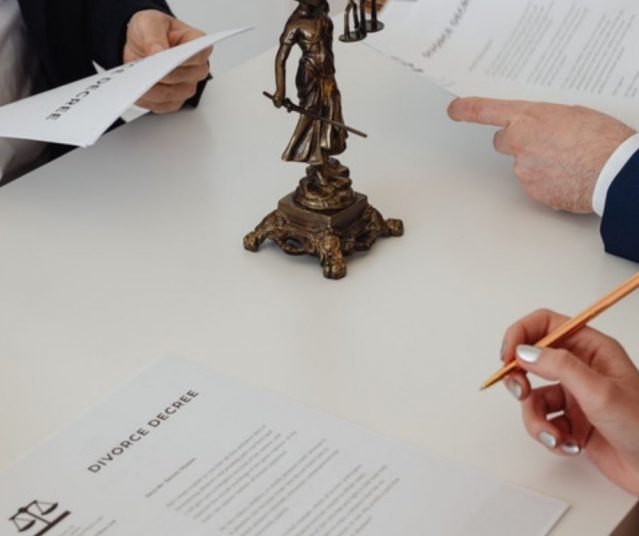
One of the most common questions asked from any criminal defence lawyer is how they can represent someone after they tell you they are guilty. It’s a fair question.
When a client maintains they are guilty, but instructs their lawyer to plead not guilty, this would normally result in the lawyer considering withdrawing from the matter. However, this is not necessarily always appropriate. If the lawyer remains, there are clear ethical obligations that apply.
The most fundamental ethical obligation is that a lawyer cannot mislead the court. A lawyer cannot positively suggest to a witnesses or the court that they have not committed the offence. The NSW Solicitors Rules provide they cannot:
(i) falsely suggest that some other person committed the offence charged; or,
(ii) set up an affirmative case inconsistent with the confession.
They can however:
What if the Client Insists on Giving False Evidence?
If this happens, or the client insists on giving evidence in which they deny their guilt, the solicitor must not continue to represent the client.
These rules are absolute and are taken seriously by lawyers. Breaching any of these rules is serious misconduct that could mean the solicitor is struck off.
The rules recognise one of the fundamental principles in our system, that it is the prosecution that bears the onus of proof. That onus always lies with the prosecution, and it is for the prosecution to prove beyond reasonable doubt that a citizen has committed an offence. It is permissible for a lawyer to “put the prosecution to proof” and test the evidence. However, it is not permissible for a lawyer to positively suggest that their client did not commit the crime when they know this to be untrue, or mislead the court in anyway.
Photo by Karolina Grabowska